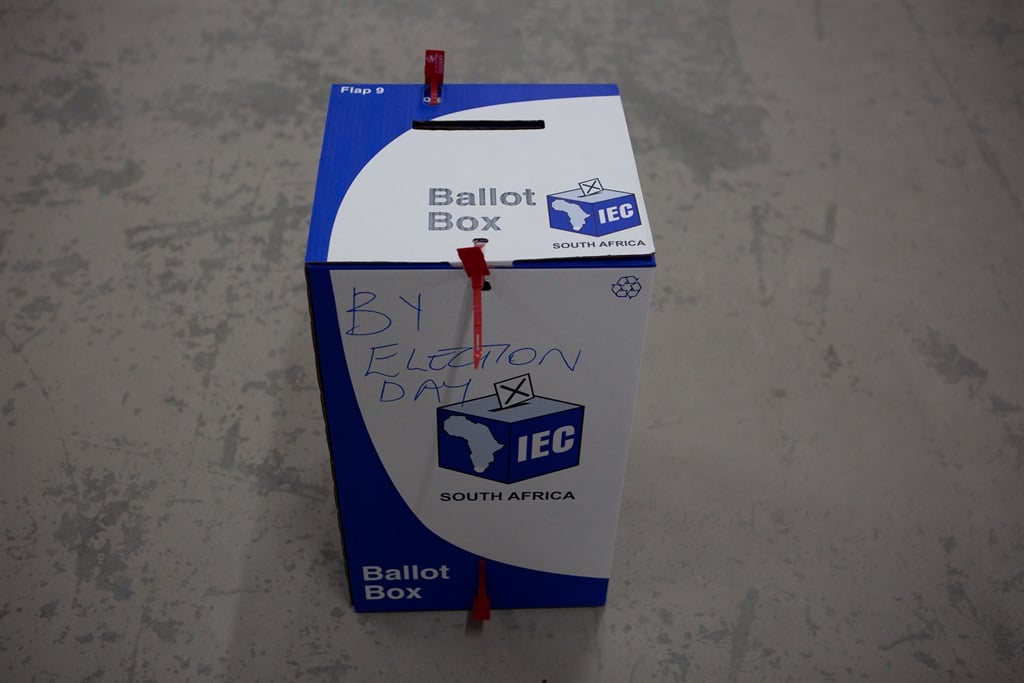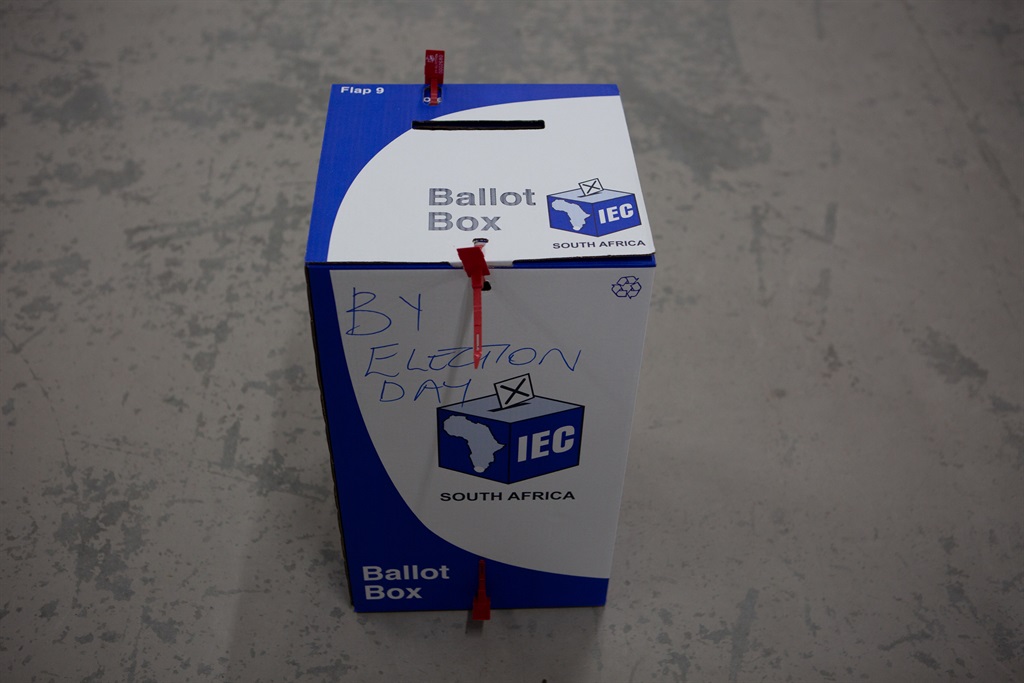

- Artificial intelligence (AI) is set to play a big role in understanding voter behaviour for political parties across Africa this year.
- AI can pose dangers for democracy or strengthen it, depending on how electoral bodies embrace it.
- The International Political Campaigns Expo 2024 has a strong focus on AI’s emerging role.
Africa is due to see 20 presidential and parliamentary elections this year and, for the first time, artificial intelligence (AI) could be a key component of many of those elections – for good or for ill.
News24’s Lenin Ndebele spoke to elections expert Glen Mpani of Shikamo Political Advisory and Campaigns Services about the scenarios brought about by AI.
Ndebele: Africa has a record number of elections this year. What’s the emerging role of AI in election campaigns?
Mpani: Understanding voter behaviour has never been more crucial.
The decision-making process of voters is influenced by a myriad of factors, including historical trends, social contexts and personal daily interactions.
These elements form a complex web that political parties must navigate to win support.
Historically, voter choice in Africa, as elsewhere, has been influenced by past political events. The legacy of these events often lingers in the collective memory, shaping voter expectations and attitudes towards parties and candidates.
For instance, a party’s past performance, scandals or landmark policies can significantly impact voter trust and loyalty.
The social context is another critical determinant of voter behaviour. Where people live, worship, study and whom they interact with daily can profoundly influence their political preferences.
For instance, someone living in a rural area might prioritise different issues than someone in an urban setting.
Similarly, the influence of churches, mosques and community groups can sway voter opinions and allegiances.
These dynamics underscore the necessity for political parties to understand the granular details of voter behaviour.
READ | Davos 2024: Extreme weather and misinformation top global risks
With the advent of AI, the potential to grasp and utilise these details has exponentially increased. AI can analyse vast amounts of data from past elections, demographic information and social media trends to predict voter behaviour more accurately.
This prediction helps parties tailor their campaigns to address the specific needs and concerns of different voter segments.
How can political party campaigns use AI?
Political parties can use AI to monitor and analyse real-time data during election campaigns, providing parties with immediate feedback on the effectiveness of their strategies.
This allows for dynamic campaign adjustments, targeting voters with the right message at the right time.
Is there space for AI in elections run by electoral bodies?
First, we are witnessing a global crisis in democratic engagement, with nearly 45% of eligible voters opting out of the electoral process.
This widespread disengagement reflects a deep-seated disillusionment with existing political mechanisms and a lack of trust in elected officials.
Second, alongside this apathy is a concerning rise in positive attitudes, particularly among 18- to 24-year-olds, toward unconventional and sometimes unconstitutional methods of political change.
This demographic shift signals a critical juncture for political systems, emphasising the need to reimagine and revitalise how political campaigns are conducted.
Campaigns have accumulated extensive personal information on voters, with data points ranging from 500 to 2 500 per person. This data facilitates detailed voter profiling and targeting, enhancing the precision of political messaging.
Such extensive data collection raises concerns about privacy and the potential for manipulation.
Electoral bodies can use AI to harness this information and reduce inaccuracies in voter registration and voting outcomes.
How can AI strengthen democracy or weaken it?
It is apparent that AI has the potential to significantly influence African political campaigns, but its effective and ethical implementation depends on overcoming the challenges presented by the digital divide.
This includes not only enhancing internet access and digital literacy but also developing AI technologies that are relevant and accessible to local populations.
But there are also privacy and data protection concerns, privacy issues in developing countries add another layer of complexity.
The absence of robust legal mechanisms for data protection and transparency in data collection practices hampers trust in AI systems and underscores the need for stringent data protection policies that align with international norms.
READ | Glen Mpani: Charting a course of ethical AI in political campaigns
There are also cultural and linguistic barriers, the AI gap is further widened by the lack of locally relevant content and support for African languages.
Many AI applications, predominantly developed in English and Chinese, fail to cater to the linguistic diversity of the continent, leading to further exclusion from AI benefits.
Africa also faces the challenge of digital literacy. The youth demographic is a significant force, AI could transform political engagement and election processes.
However, this requires careful consideration of ethical, privacy and equity issues.
Initiatives such as the International Political Campaigns Expo 2024 are crucial in ensuring that the benefits of AI are harnessed effectively and ethically, contributing to a more informed, engaged and equitable political landscape.
What is the International Political Campaigns Expo 2024?
It’s a first-of-its-kind event that brings together political parties, election management bodies, media, academics and researchers in the campaigns space, as well as tech experts and innovators for a multi-faceted conversation on the transformation AI is bringing into political campaigns, the urgent need for ethical regulation of AI tools, and the need for Africa-centric innovation in the tech field.
One of the most noteworthy aspects of [the expo] is its inclusivity in acknowledging the significance of key stakeholders such as political parties and election management bodies.
READ | LIVE BY DESIGN: The unique challenge of living by design in an election year
In a continent where political campaigns hold the power to chart the course of nations, involving political entities in discussions revolving around harnessing the potential of AI and big data for the collective good represents a groundbreaking development.
It serves as a compelling call to action for African political entities to embrace technological advancements for the betterment of their societies, thus bolstering African autonomy.
*The International Political Campaigns Expo 2024 will be held on 25 and 26 January at the Cape Town International Convention Center.
The News24 Africa Desk is supported by the Hanns Seidel Foundation. The stories produced through the Africa Desk and the opinions and statements that may be contained herein do not reflect those of the Hanns Seidel Foundation.

